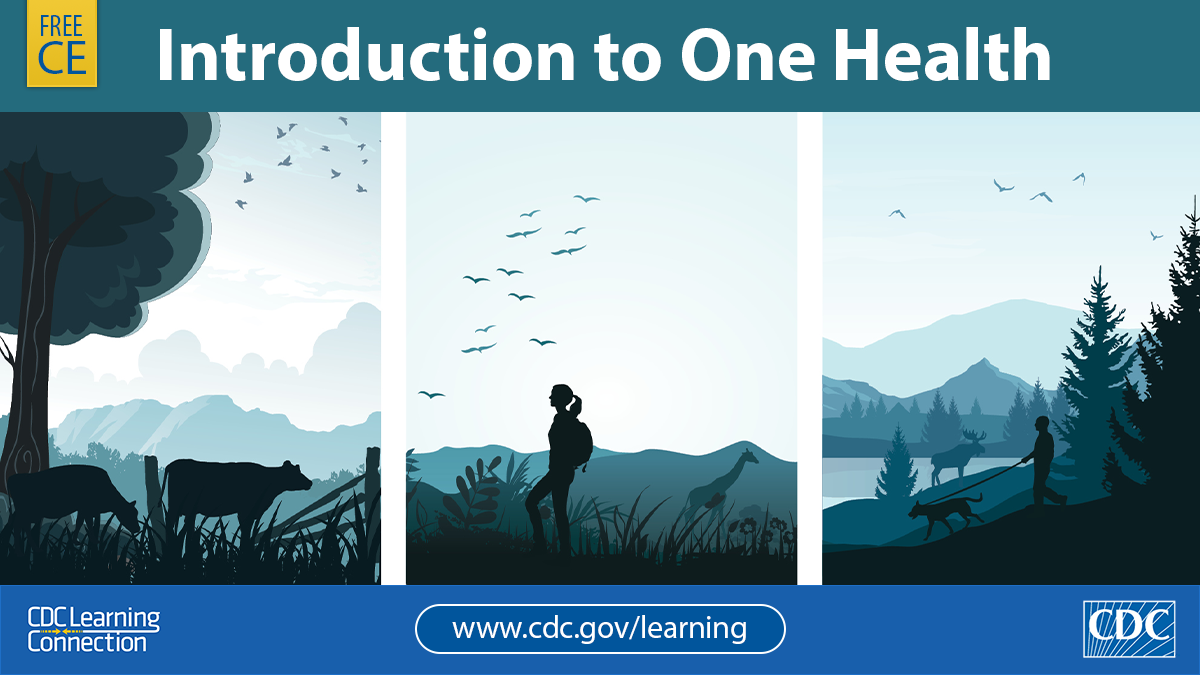
An Introduction to One Health
What is One Health and how is it relevant to public health practitioners?

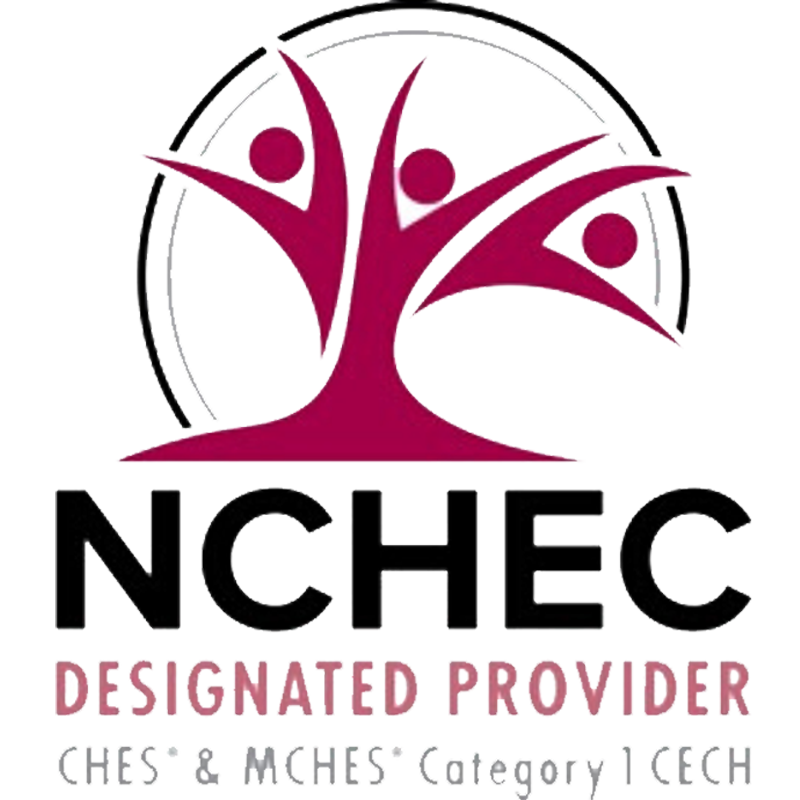
Course Information
- Audience: Public health professionals, nurses, veterinarians, human health clinicians, environmental scientists, students, and others interested in the health of humans, animals and the environment
- Format: Self-paced online training
- Price: Free
- Length: 1 hour
- Credential eligible for contact hours:
CHES: Sponsored by New England Public Health Training Center (NEPHTC), a designated provider of continuing education contact hours (CECH) in health education by the National Commission for Health Education Credentialing, Inc. This program is designated for Certified Health Education Specialists (CHES) and/or Master Certified Health Education Specialists (MCHES) to receive up to 1 total Category I continuing education contact hour. Maximum advanced-level continuing education contact hour is 1. Provider ID: 1131137 Event ID: 08122020.
If you are not seeking a CHES/MCHES contact hours, if you complete the post-test and evaluation, you will receive a Certificate of Completion. The Certificate will include the length of the course. - Credential eligible for contact hours: NCPD (Nursing Continued Professional Development) Accreditation: Boston University School of Medicine Continuing Nursing Education is accredited with distinction as a provider of nursing continuing professional development by the American Nurses Credentialing Center's Commission on Accreditation.
Contact Hours: 1.0 - Competencies: Leadership and Systems Thinking Skills
- Learning Level: Awareness
- Companion trainings: None
- Pre-requisites: None
- Technical Requirements: This training was created with Articulate Storyline. Please refer to the Articulate 360 System Specifications to ensure your system meets the minimum requirements for viewing.
About this course
Have you heard the term “One Health” but aren’t quite sure what it means or how it is different from public health? This course introduces One Health (human-animal-environmental health) to the public health practitioner. Areas of focus include
zoonotic and vectorborne diseases, pollution and ecosystem change, comparative medicine, and human-animal-environment interactions. Multiple examples are provided, including for COVID-19. You’ll come away with a new perspective on health!
What you'll learn
After completing this course, you will be able to...
- Define One Health
- Provide examples of how humans, animals and the environment are interconnected
- List the major competency areas for One Health practice
- List four main topic areas of One Health and provide examples within each and their areas of overlapping
- Describe multiple One Health aspects of COVID-19
Subject Matter Expert
-

Lynn Zanradi Blevins
Lynn Zanradi Blevins has been practicing public health in government and academic settings for 20 years in the areas of infectious disease, environmental health, emergency preparedness, and One Health (human-animal-environmental health).
Faculty Planning Committee
Lynn Blevins, MD, MPH - Faculty/Planning Committee has no relevant financial relationships to disclose and does not plan on discussing unlabeled/investigational uses of a commercial product
Karen McKenny, RN - CNE Course Advisor has no relevant financial relationships to disclose
Carmela Townsend, DNP, MS/MBA, RN, Accredited Provider Activity Director has no relevant financial relationships to disclose.
Naomi Moeller, BA, CHCP – Planning Committee has no relevant financial relationships disclose.
Enrollment and Contact Hours
Select the Enroll button below to register for the course. If you have any trouble accessing the course, contact support@nephtc.org.
Acknowledgement:
This project is/was supported by the Health Resources and Services Administration (HRSA) of the U.S. Department of Health and Human Services (HHS) under grant number UB6HP31685 “Regional Public Health Training Center Program.” This information or content and conclusions are those of the author and should not be construed as the official position or policy of, nor should any endorsements be inferred by HRSA, HHS or the U.S. Government.
Disclosure Policy:
Boston University School of Medicine asks all individuals involved in the development and presentation of Accredited Continuing Education activities to disclose all financial relationships with ineligible companies. This information is disclosed to all activity participants prior to the start of the educational activity. Boston University School of Medicine has procedures to mitigate all relevant financial relationships with ineligible companies. In addition, faculty members are asked to disclose when any unapproved use of pharmaceuticals and devices is being discussed. In accordance with the Standards for Integrity and Independence in Accredited Continuing Education, all relevant financial relationships with ineligible companies that faculty, planners, authors and anyone who may be in control of content have been mitigated.
Disclaimer:
THIS CONTINUING MEDICAL EDUCATION PROGRAM IS INTENDED SOLELY FOR EDUCATIONAL PURPOSES FOR QUALIFIED HEALTH CARE PROFESSIONALS. IN NO EVENT SHALL BOSTON UNIVERSITY BE LIABLE FOR ANY DECISION MADE OR ACTION TAKEN IN RELIANCE ON THE INFORMATION CONTAINED IN THE PROGRAM. IN NO EVENT SHOULD THE INFORMATION CONTAINED IN THE PROGRAM BE USED AS A SUBSTITUTE FOR PROFESSIONAL CARE. NO PHYSICIAN-PATIENT RELATIONSHIP
* Yale School of Public Health, Office of Public Health Practice, a New England Public Health Training Center partner, is a designated provider of continuing education contact hours (CECH) in health education by the National Commission for Health Education Credentialing, Inc. All CHES credit inquiries are managed by YSPH

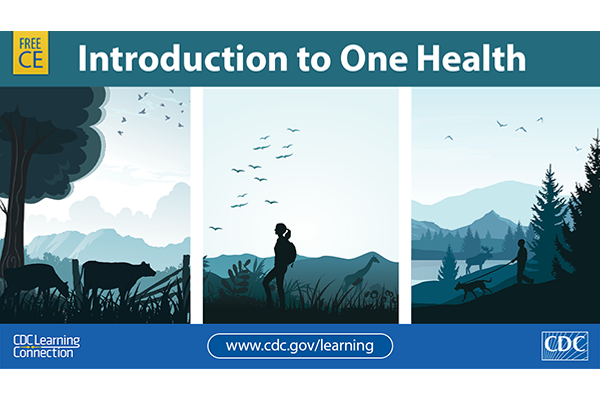


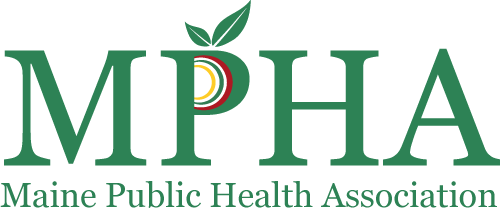
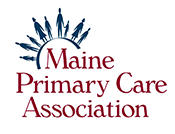
 Maddie Blair, MPH
Maddie Blair, MPH



































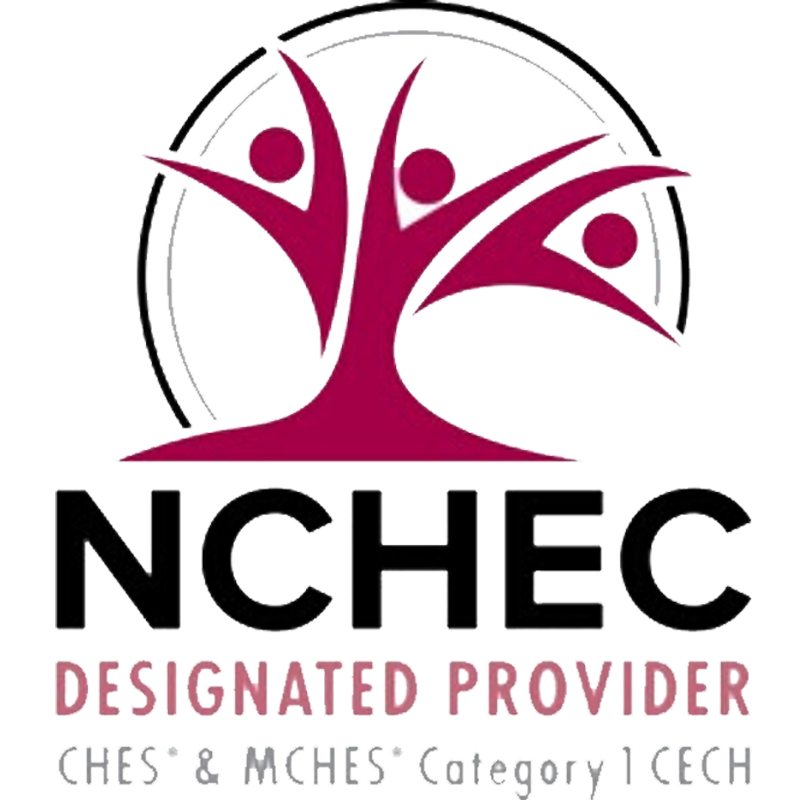

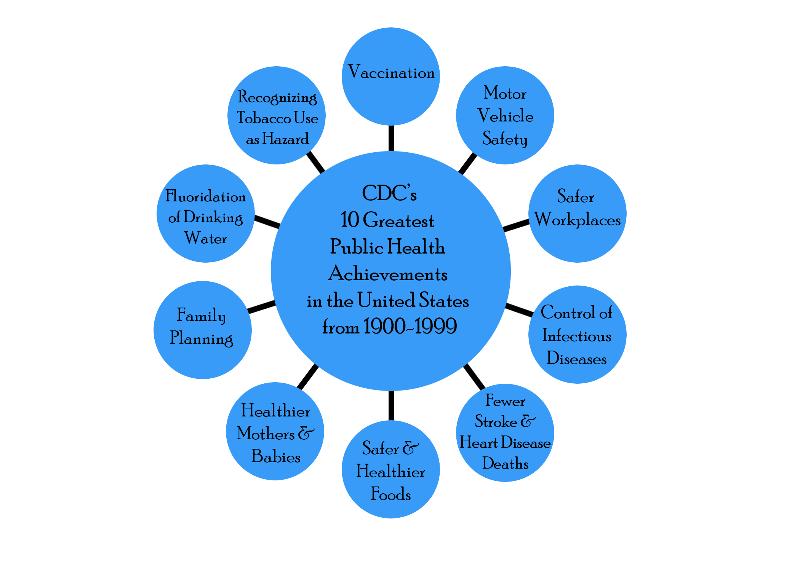
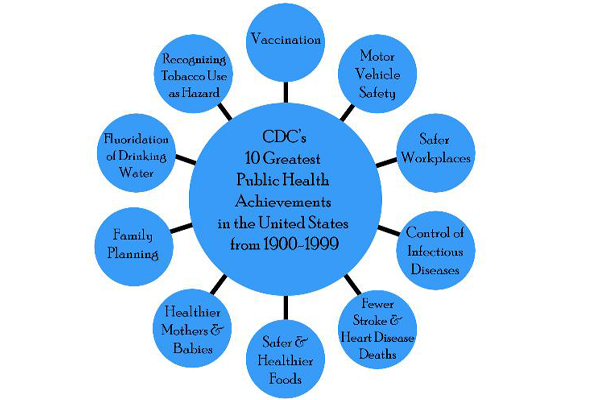
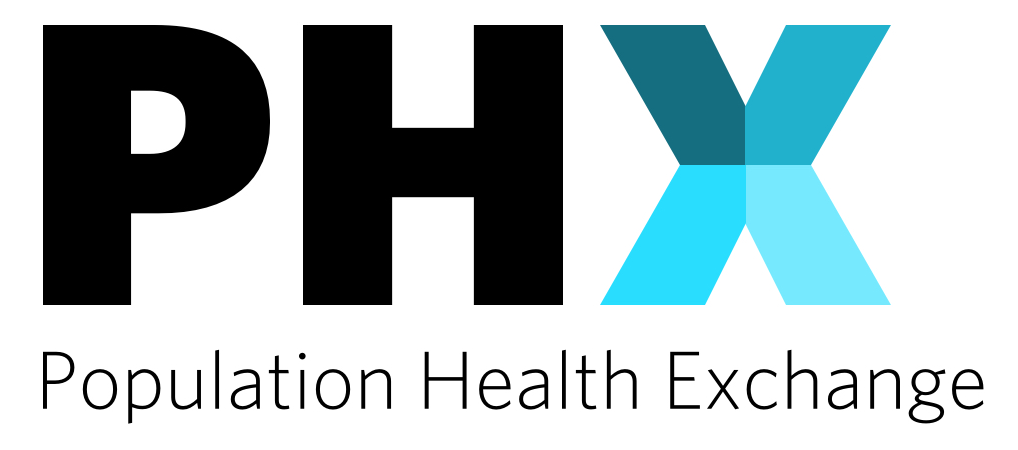

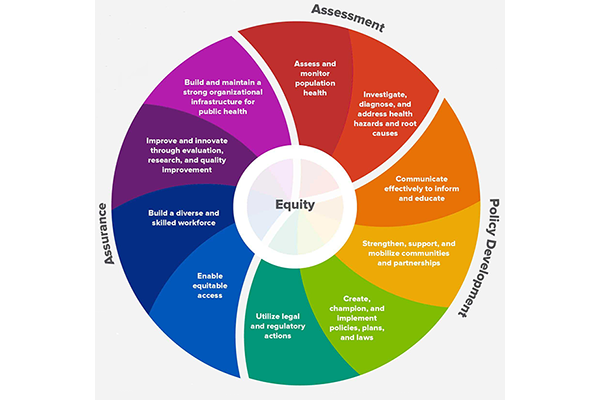

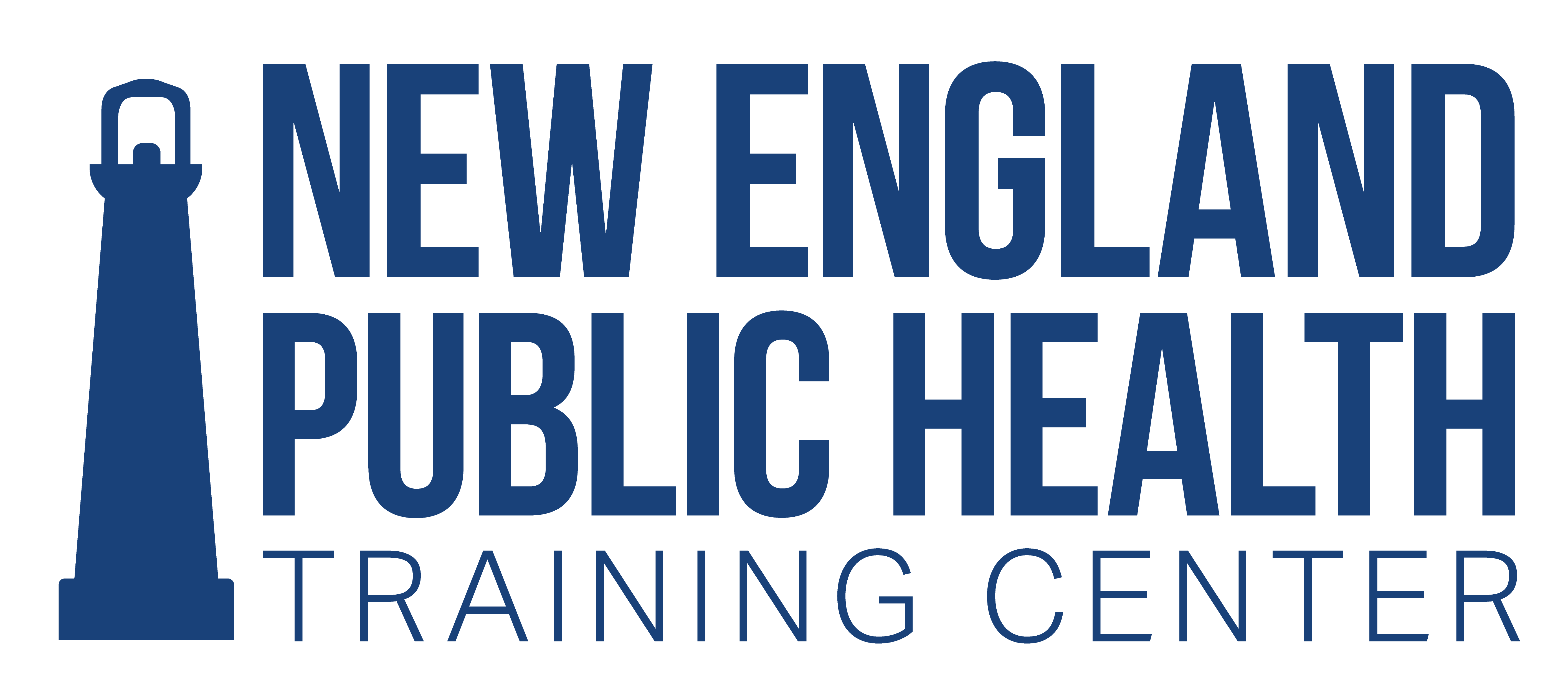
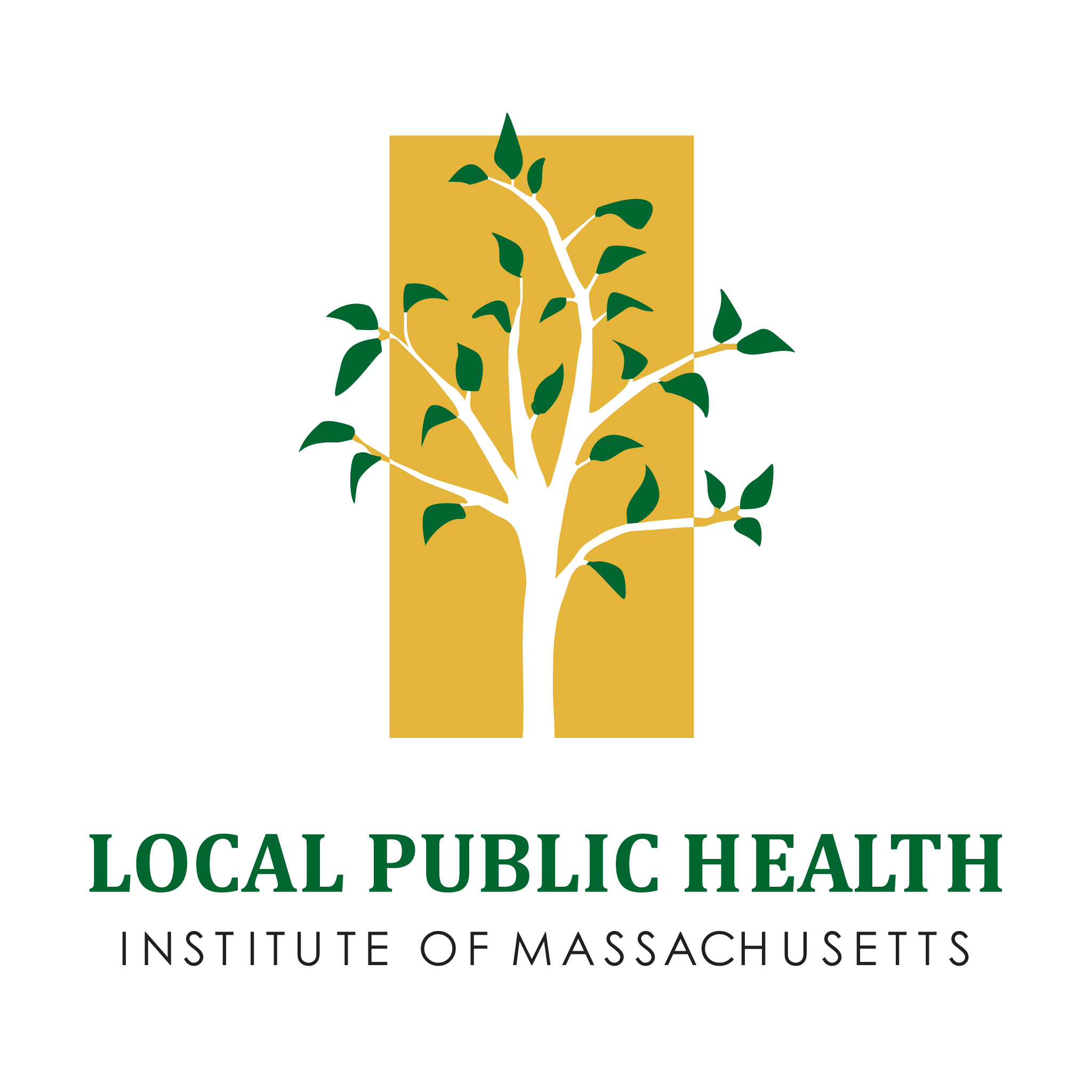



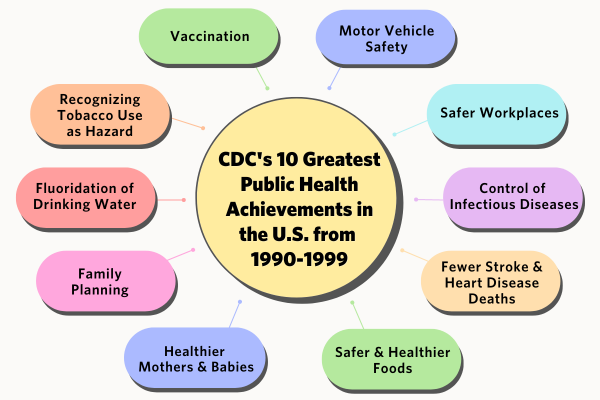

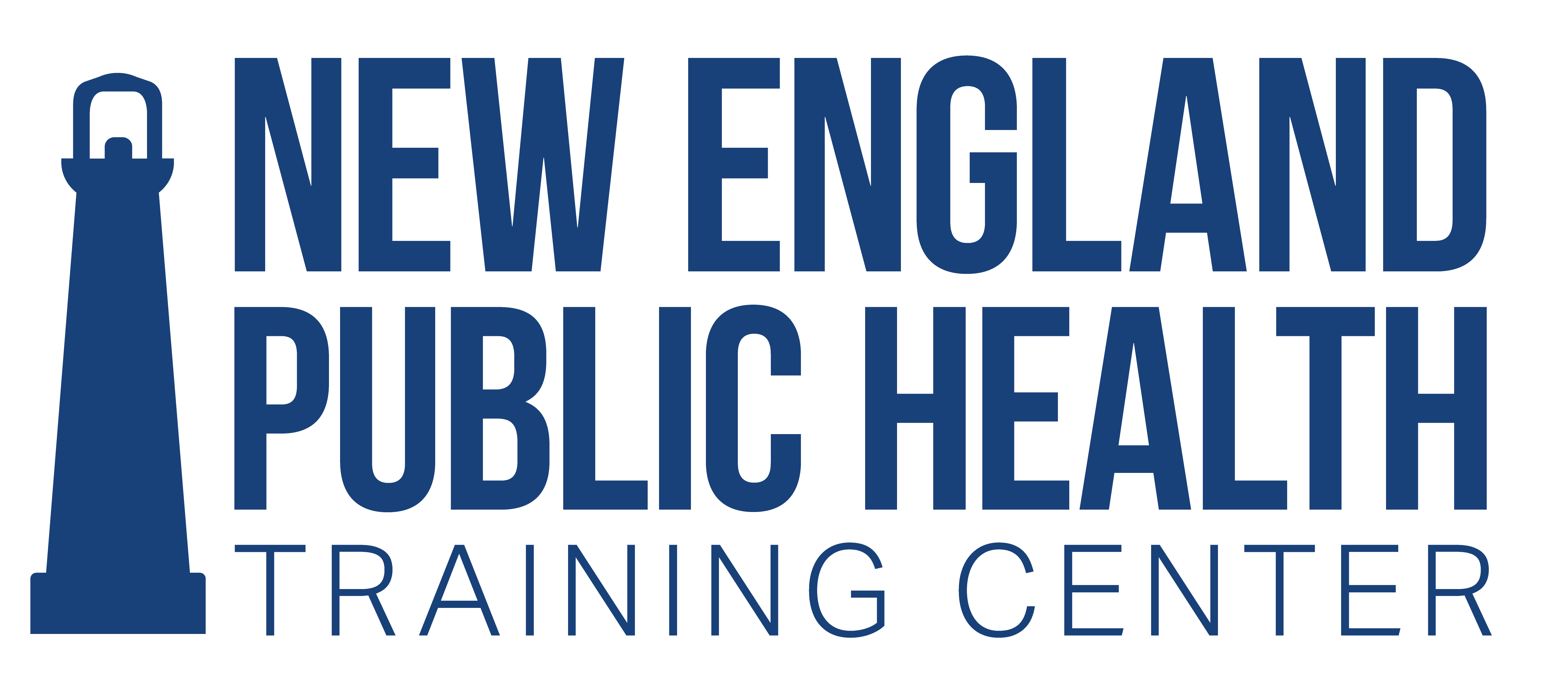
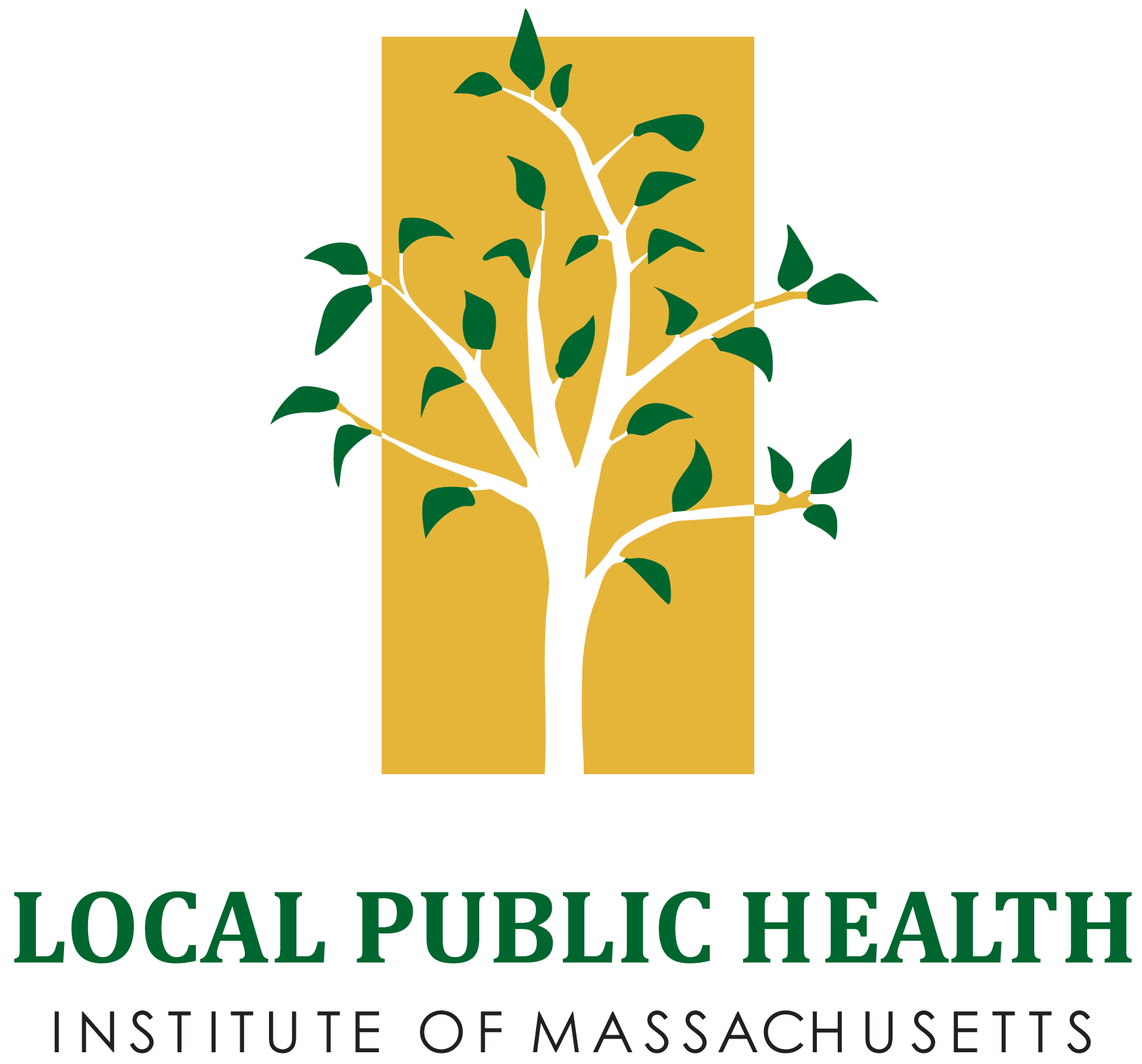






 Bob Wright,
Bob Wright,
















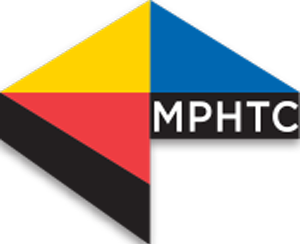
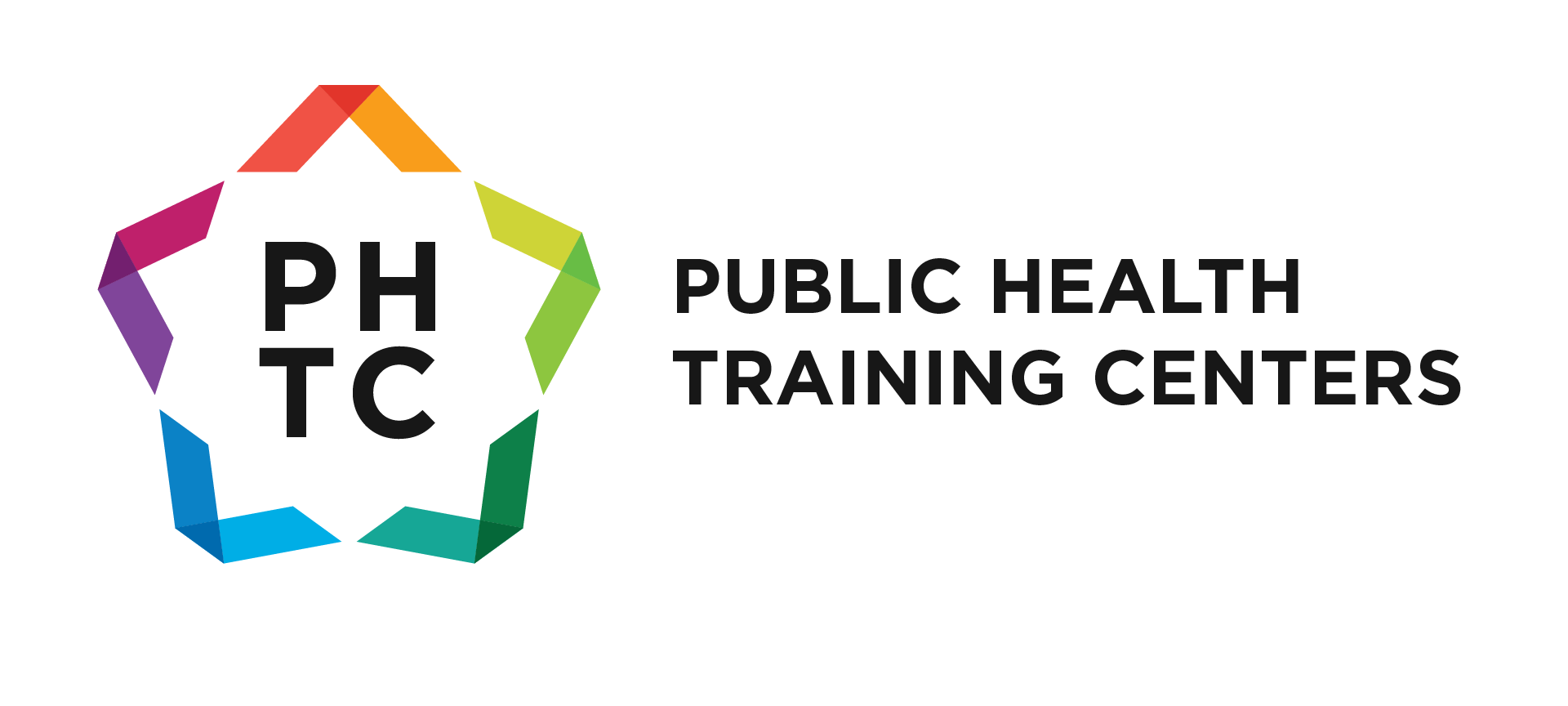



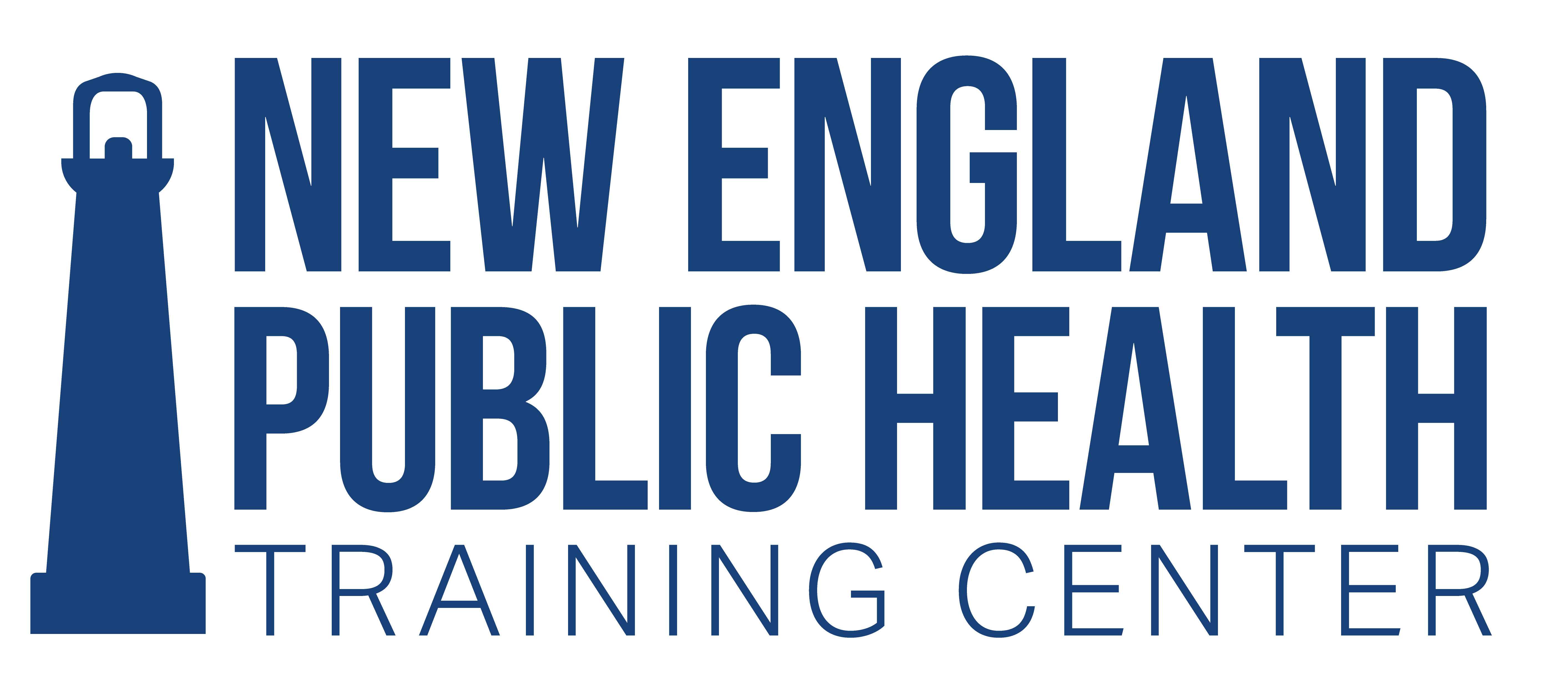
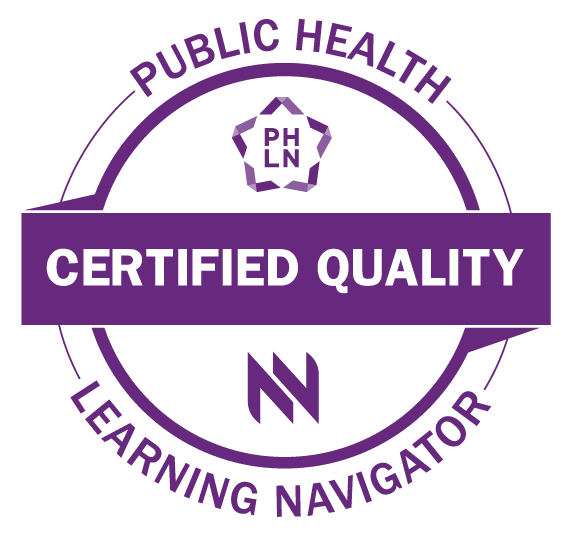








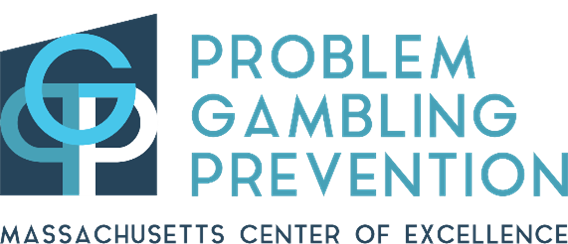
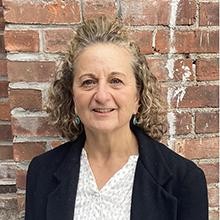 Jacqueline Dick, MS,
Jacqueline Dick, MS,





